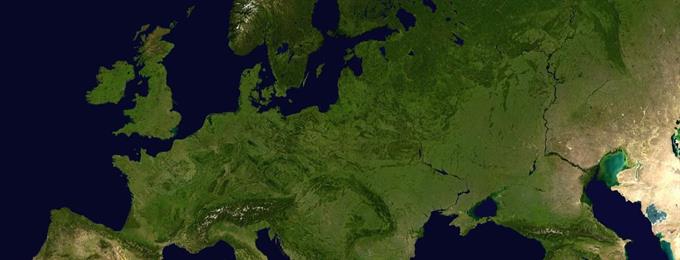After six trilogues – i.e. inter-institutional negotiation sessions between the European Parliament (EP), the Council of the EU and the European Commission (EC) – a compromise was achieved on the new framework programme for research and innovation, Horizon Europe. The compromise was reached after very intense and fast-paced negotiations between the institutions, recalling that the EC came with its proposal in June last year. While the Council has confirmed the agreement on 27 March, the EP still has to validate it at the Industry, Transport, Research and Energy Committee (ITRE) and in plenary in April. Under normal circumstances, the agreement will pass as foreseen. The compromise does not include the articles dealing with the budget and participation modalities of third countries. Those issues will be dealt later, once the long-term budget of the EU has been agreed upon by Member States.
An adoption of the programme before the European elections was essential to allow for sufficient time to work on the preparation for implementation. The EC has embarked in an ambitious strategic planning process, which includes extensive consultation of EU Member States as well as stakeholder and civil society organisations on the contents of the first work programme. Member States are the first to be consulted in the process that can now formally start, while also extensive exchanges with the EP will take place. This process should culminate with a large conference in September – the Research and Innovation Days – where the draft strategic plan will be presented and discussed. In parallel, work has now started on setting up the different advisory boards (Mission and EIC Boards) to assist the EC in these preparations. A formal call for expression of interest is expected to be published mid-April after the plenary of the EP has confirmed the agreement on Horizon Europe.
While the proposal of the EC has been broadly welcomed by the institutions, several issues were disputed during the trilogues. These include the pre-defined lists of potential Missions and European Partnership areas, the ‘widening issue’ (or the divide in participation between regions in Europe), the composition of the clusters, the functioning of the European Innovation Council, the strategic planning process or the legal basis of the Specific Programme, laying down the involvement of the EP.
Next to Horizon Europe, a deal was reached as well on programmes such as the Digital Europe programme (see SwissCore article) or InvestEU. On Erasmus (see SwissCore article), the EP has defined and confirmed its position in the Culture and Education (CULT) Committee and the plenary. However, it will not be able to finalise discussions with the Council and EC before the European elections. This means that the formal adoption of the programme will be delayed. All in all, however, the EC has reached its objectives to close negotiations on most of its programmes ahead of the European elections. This is a positive signal for the stakeholder communities, as it will allow the programmes to start as scheduled on 1 January 2021.

